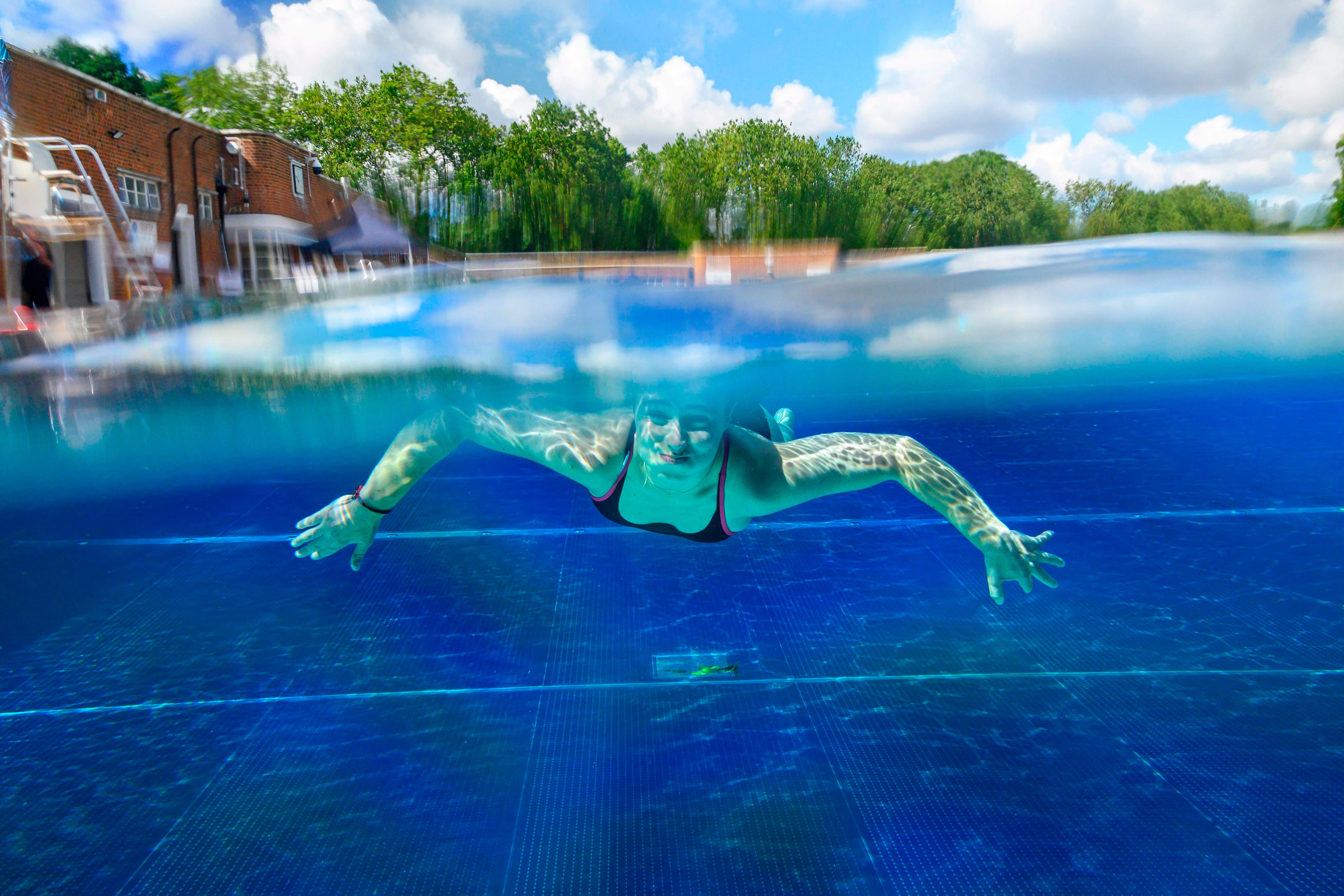Cold-water swimming could delay dementia, research suggests
Academic says societal benefits of delaying disease by even a few years would be ‘enormous’

Your support helps us to tell the story
From reproductive rights to climate change to Big Tech, The Independent is on the ground when the story is developing. Whether it's investigating the financials of Elon Musk's pro-Trump PAC or producing our latest documentary, 'The A Word', which shines a light on the American women fighting for reproductive rights, we know how important it is to parse out the facts from the messaging.
At such a critical moment in US history, we need reporters on the ground. Your donation allows us to keep sending journalists to speak to both sides of the story.
The Independent is trusted by Americans across the entire political spectrum. And unlike many other quality news outlets, we choose not to lock Americans out of our reporting and analysis with paywalls. We believe quality journalism should be available to everyone, paid for by those who can afford it.
Your support makes all the difference.Cold-water swimming could help to delay neuro-degenerative diseases such as dementia, research has suggested.
Academics at Cambridge University found that many of the cold-water swimmers they monitored at Parliament Hill Lido in London between 2016 and 2018 had increased levels of a “cold-shock” protein (RBM3), which a 2015 study on mice showed offered protection against the onset of dementia.
Although the research is still at an early stage, it is hoped that it could aid dementia treatment in the future.
Giovanna Mallucci, the lead researcher, told the BBC’s Radio 4 Today programme that the next challenges are to decisively prove that the protein delays dementia and then to find a drug that stimulates its production.
Speaking of the latest findings, Prof Mallucci, who is the director of the UK Dementia Research Institute's Centre at Cambridge University, said that her team compared cold-water swimmers with people doing Tai Chi who did not get cold.
“We compared you to a bunch of people doing Tai Chi who didn’t get cold and none of them got increased levels of this protein but many of you did,” Prof Mallucci told the swimmers.
“It tells us that cold does induce this protein in humans; you’re the first non-patient cohort to show that cold water swimming raises this protective protein,” she added.
The project came about after Martin Pate, who swims in the unheated water at the north London lido during the winter, got in touch with Prof Mallucci after hearing her tell the BBC that she wanted to look at RBM3 in humans.
Prof Mallucci said that the societal benefits of delaying the onset of dementia by a few years would be significant.
“If you slowed the progress of dementia by even a couple of years on a whole population, that would have an enormous impact economically and health-wise,” she said.
There are currently more than 850,000 people who have dementia in the UK and the condition affects one-sixth of those over the age of 80, according to the NHS.
The number of people with the degenerative disease is expected to exceed one million by 2025.



Join our commenting forum
Join thought-provoking conversations, follow other Independent readers and see their replies
Comments